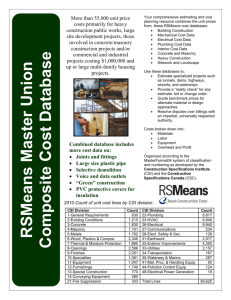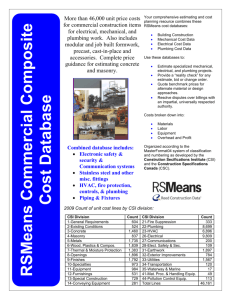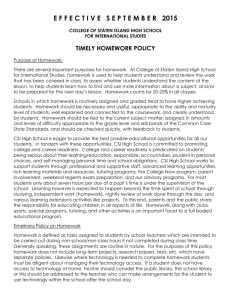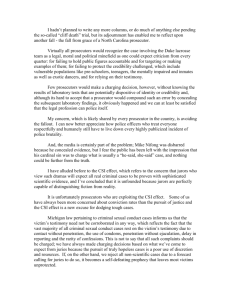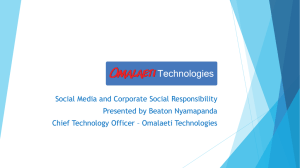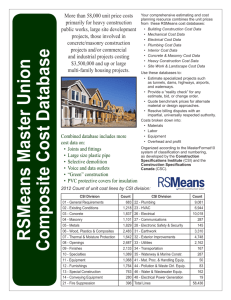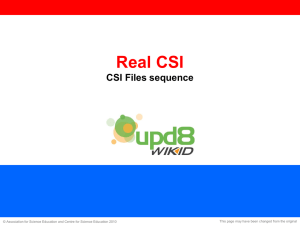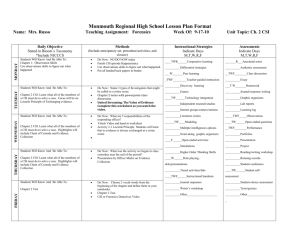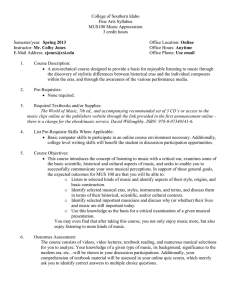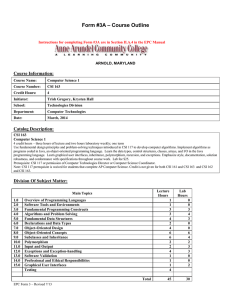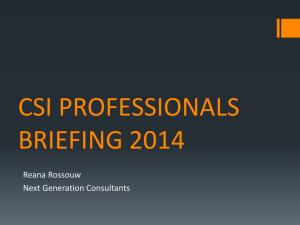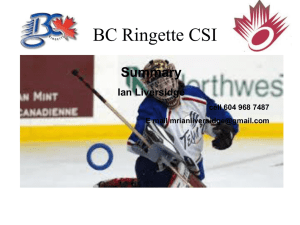The Research Paper
advertisement
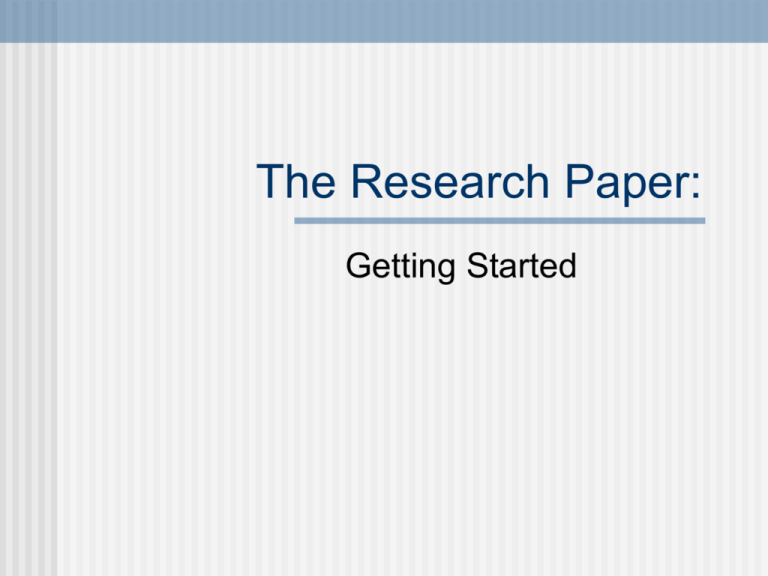
The Research Paper: Getting Started What is a research paper? Sources Your opinion What is a research paper? No sources No credibility No documentation Plagiarism What is a research paper? Trash or treasure? Good sources GI Good paper GO What is a research paper? not proven CSI effect is real makes juries smarter lets guilty go free How do I start? What are they talking about? What’s been said? Who’s talking? What can I add? What are they talking about? Who’s talking? CSI made me a better juror. I’ve done a controlled study No study has found a CSI effect Cole & Dioso, as cited in Tyler, T. R. (2006, March 2). Viewing CSI and the threshold of guilt: Managing truth and justice in reality and fiction. The Yale Law Journal, 115, 10501072. Retrieved June 8, 2008, from http://www.yalelawjournal.org/pdf/115-5/ Tyler.pdf What about the personal? Personal Diaries Journals Poems Letters to vent Academic Autobiographies Love letters Express Feeling What I feel or think What is true for me Reflections Letters to editor Surveys Research papers Capstone project Thesis Dissertation Share Information What is known What is generally true What about the personal? The obvious may change. Suicide bombers must be crazy. “What utter nonsense,” says anthropologist Scott Atran (2003, p. 21). What about the personal? The evidence may favor the other side. Studies finding them Suicide bombers sane include must be crazy. Mersari, Hassan, Krueger, and CIA (Atran, 2003). Atran, S. (2003, October). The surprises of suicide terrorism. Discover, 24(10), 2122. What about the personal? Limited experience vs. Expertise My cousin had ADHD as a kid, Symptoms persist but he outgrew it. into adulthood So kids with in 15 to 20 percent ADHD of cases. don’t need (“The Course,” 2002). medication. Sponsored by Novartis The course of ADHD. (2002). Retrieved June 8, 2008, from ADHDinfo Web site: http://adhdinfo.com/ schoolpersonnel/courseofADHD.jsp What about the personal? Your bias vs. Objective results Those who attend Coming to class class 95% of the time regularly are significantly will help likely to earn an your grade. A or B grade. (Snell & Meikes, 1995). Snell, J., & Meikes, S. (1995). Student attendance and academic achievement: A research note. Journal of Instructional Psychology 22(2). Retrieved April 12, 2004, from Academic Search Elite database. What do I think now? Can I trust my sources? Is this complete? Do I agree? Sources Your informed opinion What can I add? Review the evidence and take a stand. Prosecutors Say: Defenders Say: Juries want too much evidence Juries understand our case better I say: Thesis What can I add? Approach the problem from a new angle. Anorexia, ecstasy activate same brain paths. Could addiction therapy help anorexics? I say: Addiction therapy is/is not a solution. What can I add? Notice a trend. Karin: cutting into tumors can lead to cancer spread. Others linked inflammation to cancer. I say: The role of inflammation in cancer…. What can I add? Disagree, or prove an expert wrong. Children’s brains are being studied. Crying causes cascade of chemicals. Sunderland says: Reject Supernanny…. What can I add? Develop a new application. Teens’ frontal lobes aren’t fully developed. Their decision making is too logical. I say: Teach teens to weigh consequences… What can I add? Evaluate a professional practice. Clive police add bicycle patrols. What are the pros/cons? I say: Bicycle patrols are/are not effective…. What can I add? Debunk a myth. Most people believe that…. The evidence shows that… I say: This is the truth…. Critical thinking Originality = Critical thinking Which is best? Why do things happen this way? What would make things better? C or lower Bloom’s taxonomy Conversation: What can I add? • Answer a question —Do shows like CSI affect the way jurors react to evidence? —Is the CSI effect good or bad? —Is the CSI effect real? —What is the best treatment for ADHD? • Sort out conflicting opinions • Prove a myth (or an expert) wrong • Suggest a new approach or application • Update information Conversation: Assignments T H E Y S A Y I S A Y Explore professional literature. Form a tentative opinion. Find evidence for and against your opinion. Refine your opinion. Write your paper. Kuhlthau’s Model of Research Stage Initiation Selection Exploration Formulation Collection Presentation Task what do I do? what’s my topic? what’s out there? what do I think? what will I use? how will I share what I learn? Feelings uncertainty optimism confusion clarity confidence satisfaction (or not) Remember the writing process? It’s recursive Plan Get ideas Draft Get them on paper Revise Make them better Publish Share with others Research can be Billy trail Goal Billy’s path Family Circus A research flowchart Then there’s serendipity… Look up schedule for Criminal Minds. Find profiler quiz. http://www.cbs.com/primetime/criminal_minds/games.shtml Wonder: can profilers be as fast and accurate as Gideon’s team? Do some reading. Stumble over CSI effect…. How do I get started? 1. Find a topic. 2. Read about it. 3. Ask —Can I find enough information? —Will this hold my interest? 4. Explore other topics. 5. Choose the best. What’s the “best” topic? • Arguable • Discussable • Adds something to the conversation What’s a starting place? • http://word-crafter.net/CompII/ FindingaTopic.html • magazines in your field or series (Opposing Viewpoints) • an instructor, librarian, or expert in an interesting field •your favorite news site
